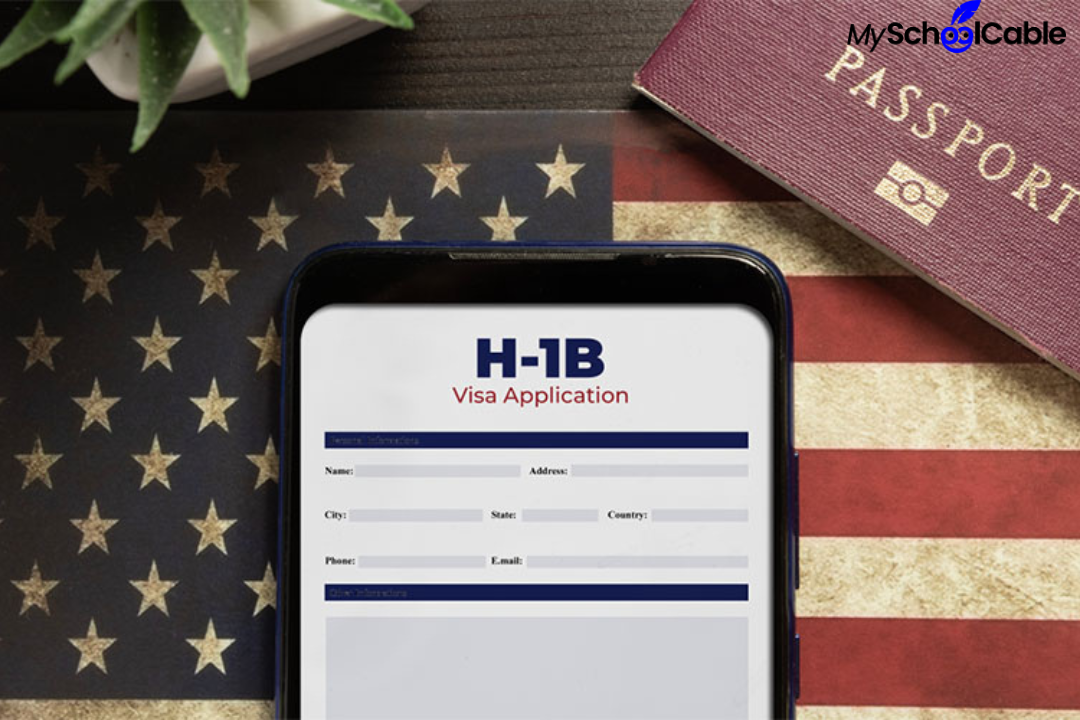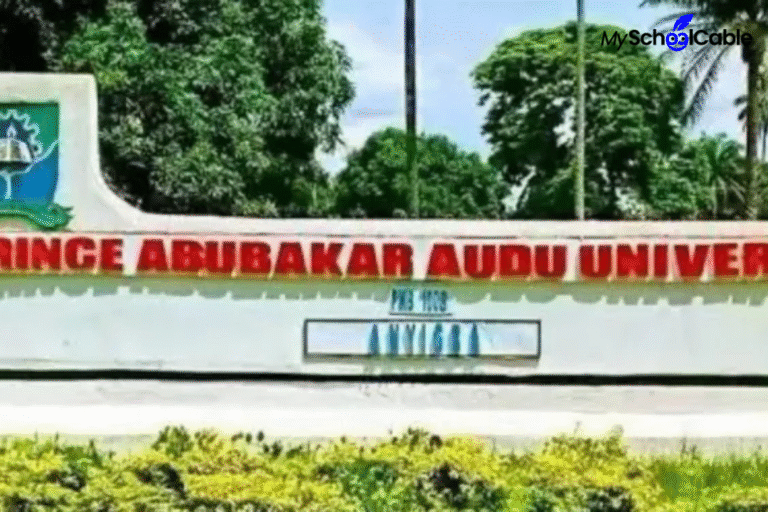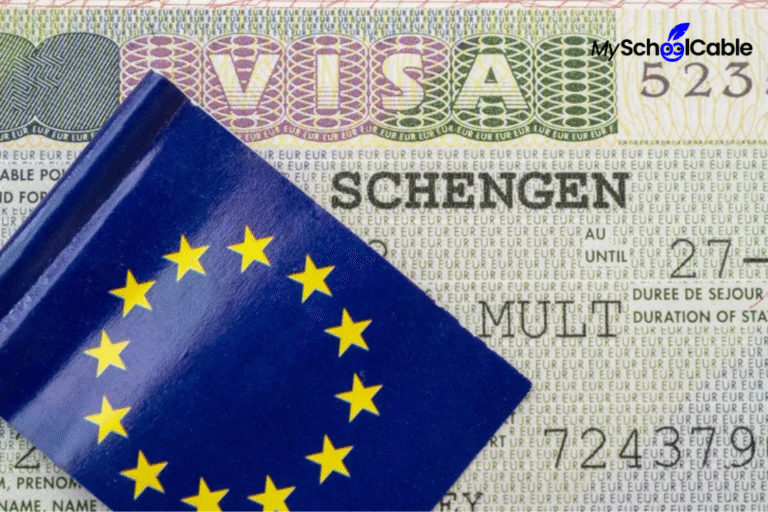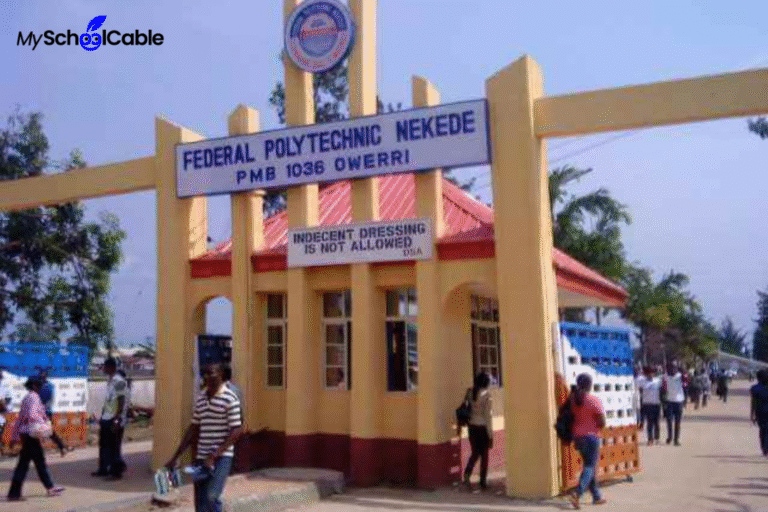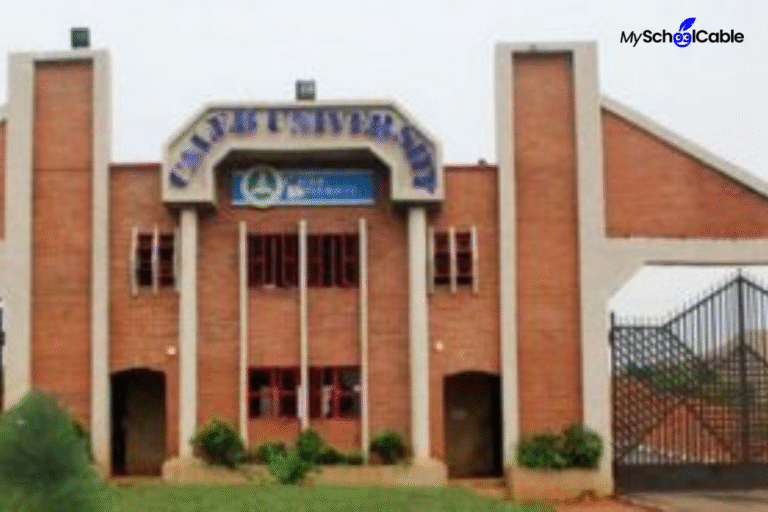If you plan on applying for an H-1B visa, one of the concerns that normally come up is: What is the security clearance for H-1B visa? Individuals typically find out about administrative processing or security checks during the course of the visa and worry that it will affect their approval.
In plain language, security clearance is another background check carried out by U.S. officials whenever they feel insecure about an applicant’s case requiring additional investigation. It makes sure that those moving to the United States for employment do not jeopardize national security, public safety, or the economy.
This guide will walk you through everything that you need to know — from what the security clearance is really all about, to who it is necessary for, how it is accomplished, and what to do in case your application is held up by it.
What is the Security Clearance For H-1B Visa and Why It Exists
The security clearance for H-1B visa is not a separate type of visa. Instead, it is an extra step under the H-1B visa process wherein the U.S. government does a complete background check on certain applicants. It is also known as administrative processing under Section 221(g) of the U.S. Immigration and Nationality Act.
It’s quite like an inquiry into your professional, educational, and private life. Police will go through the steps of confirming who you are, following your travel record, scrutinizing the location where you have worked, and even examining publications or research work you’ve undertaken if you’re working in sensitive fields.
The purpose it serves is to make sure foreign nationals entering the U.S. on work visas do not become security threats, commit fraud, or acquire sensitive technology to use for detrimental purposes. It provides safeguarding to the country as well as confidence to employers to know that they are hiring someone cleared of threats.
Read Also – How to Write a Reference Letter for Immigration | Full Guide
Why the U.S. Government Demands Security Clearance for Certain H-1B Visa Applicants
The United States has one of the most secure immigration systems in the world, and security clearance for H-1B visa applicants is a part of the system. The chief reason is to safeguard the country’s interest in several ways:
- National Security: Safeguarding the country from people with affiliations to terrorist groups, extremist elements, or hostile nations.
- Protection of Sensitive Information: Candidates employed in the field of science, technology, or engineering might be handling sensitive information, and the government wishes that this knowledge wouldn’t go to the wrong hands.
- Avoidance of Visa Abuse: It helps in the identification of fraud, false data, or individuals who are trying to travel to the U.S. under false circumstances.
- Public Safety and Law Enforcement: The process guarantees that criminal-intended individuals or those who could be a threat to the public are screened out.
That is, it is not necessarily about rejecting applicants but about maintaining the integrity of the visa system and ensuring that the correct people get in.
Who is Most Likely to Get Security Clearance in the H-1B Visa Process?
Not all H-1B visa applicants go through security clearance. Some get cleared following normal screening. Others are more likely to be referred for administrative processing, including:
- Applicants with widely used names that coincidentally coincide with the names on security watchlists.
- Applicants who have lived in or visited frequently countries under intense United States monitoring or under sanction.
- Specialists employed in fields on the Technology Alert List (TAL) like nuclear science, aerospace, cyber security, biotechnology, and advanced computing.
- Researchers, engineers, and computer professionals dealing with sensitive data or technology exploitable.
- Prospective migrants with unusual background information that sets off alarm bells for immigration authorities.
- A chemical engineer creating new recipes or a computer programmer with skills in encryption technology, for example, might be given extra clearance before their visa can be approved.
Also Read – How to Study in the USA without IELTS
How the Security Clearance for H-1B Visa Process Works: Step by Step
If your case is referred for security clearance, this is what happens to you:
- Visa Interview Stage – During your interview, the consular officer may inform you that additional checks are required in your situation. You will usually be forwarded a notice under Section 221(g) stating that your visa is being placed in administrative processing.
- Background Checks by Agencies – Your personal details, educational qualifications, work history, and travel record are transmitted to other U.S. government agencies. They run checks against different security databases.
- Waiting Period – This is typically the most anxious time. The clearance may range from a few weeks to some months based on the complexity of your case. Applicants have minimal control during this procedure.
- Final Decision – Once the checks are completed, the embassy will either accept or decline your visa. In case of acceptance, you are asked to hand over your passport for stamping.
This is a long process since the government would rather delay than take a risk when it comes to national security.
The Technology Alert List (TAL) and Its Security Clearance Function
One of the primary reasons for security clearance is the Technology Alert List (TAL). The TAL is a compilation of sensitive areas of research, industries, and technologies considered crucial to U.S. national security.
If your work falls within one of these fields, clearance is almost a certainty. Here are a few examples:
- Nuclear and aerospace engineering – safeguarding against nuclear material and flight technology misuse.
- Artificial intelligence and advanced computing – safeguarding against AI research that would benefit hostile countries.
- Biotechnology and chemical engineering – preventing biological or chemical research from falling into the hands of those who would use it for destructive purposes.
- Cybersecurity and encryption technology – keeping U.S. information from being accessed.
Being in a TAL-related field of work does not amount to rejection. It simply means your application will be checked that extra bit more before it is approved.
Reasons H-1B Visa Security Clearance Can Be Delayed
Delays are unavoidable and can be assigned to several reasons:
- Incompletion or errors in application information – missing parts will prolong checks.
- Similarity of names – when your name appears the same as that of an individual identified on databases, further verification is required.
- Complicated travel history – frequent trips to security monitored countries by the U.S. can trigger strict scrutiny.
- Sensitive job – candidates in TAL jobs effectively always take longer processing times.
- Consortium workload – sometimes delays occur due to a backlog of cases in the consulate.
Sadly, there is no set timeframe, and applicants may wait months or weeks before notification.
Read Also – How to Apply for a CSCS card in the UK?
Can You Work While Waiting for Security Clearance on an H-1B Visa?
Whether or not you can work while in clearance depends on where you are located:
- If abroad, you cannot begin working until your visa is issued and stamped.
- If in the U.S. and transferring employers under H-1B portability provisions, you may be able to begin working for the new employer while your petition is pending.
Since every case is unique, it is best to consult your employer’s HR department or an immigration attorney before making any decisions.
Why Security Clearance Does Not Mean Visa Approval
A common misconception is that passing security clearance equals visa approval. This is not true. Security clearance is just one stage of the visa process.
Your visa only gets approved after clearance checks are accomplished and no threats are ascertained. Even with clearance, a consular officer retains the final say.
How to Handle Your Application When It Is Being Security Cleared
When notified that your application is being security cleared, these are the best steps to take:
- Remain calm – administrative processing is not denial.
- Notify your employer – inform them there could be a hold-up in your joining.
- Track your case online – the U.S. visa status portal can be used to monitor updates.
- Avoid repeated embassy emails – multiple questions will not hasten the process.
- Practice patience – regretfully, waiting is part of the procedure, and timescales are different.
Can Security Clearance Result in Visa Denial?
Yes, although only occasionally. Visa rejection occurs if:
- You are associated with criminal or terrorist activities.
- Your application has false or misleading information.
- Your work or research stands to directly endanger U.S. interests.
- Most applicants, though, eventually get their security clearance approval once their background checks pass.
Preparing Yourself for the Security Clearance Process
Preparation facilitates the process. Consider the following tips:
- Complete your DS-160 form diligently and with minimal errors.
- Maintain educational and professional documents in order.
- If your job is on the TAL list, know the risks and requirements.
- Be current with visa bulletins and embassy announcements.
- Consult an immigration attorney if you have issues regarding your history, travel, or occupation.
Preparation does not accelerate the process, but it prevents avoidable errors that would cause more delays.
Also Read – 9 Best Countries Where U.S. Nurses Can Work Abroad in 2025
Why Security Clearance Is Important for H-1B Visa Candidates
For job seekers, security clearance is a deterrent. But in reality, it is protection for both U.S. and foreign workers.
- It protects the U.S. from threats outside.
- It prevents sensitive information from being used by the wrong people.
- It guarantees that only trustworthy, qualified experts make it to American opportunities.
In short, it protects both the host country and the applicant by making the process open and secure.
What If Your Security Clearance is Denied?
If your security clearance is denied, you will have your visa denied as well. The embassy will inform you of the reason, which may include criminal record, dishonest information, or affiliation with high-risk groups.
In some cases, you can appeal or reapply based on the refusal reason. Consulting with an immigration lawyer at this stage is strongly recommended.
Frequently Asked Questions (FAQs)
What triggers security clearance for H-1B visa?
High-risk jobs, names that sound like the ones in watchlists, or visits to countries with high risk may trigger clearance.
Is security clearance the same as a background check?
No. It is a more extensive process with a focus on national security and public safety.
May I speed up my clearance process?
No. There is no formal way to speed up administrative processing.
Does security clearance have an impact on future visa applications?
Unless your clearance had adverse findings, which would be placed on record.
How will I know that my clearance is complete?
The embassy will telephone or e-mail you, and in the majority of instances, ask for your passport for visa stamping.
Conclusion
With what you learned about H-1B visa security clearance, you can now go forward more confidently. Security clearance is not a refusal; it’s an added background check to ensure your qualifications and safety before you begin working in the U.S.
While delays are tiresome, honesty, patience, and preparation are your strongest tools. Most applicants end up being approved after their record is cleared.
By knowing what you’re going to get, you reduce apprehension and stand a good chance at a smooth journey to settling your career in the United States.
References
- What Is the Security Clearance for H-1B Visa?
- What is the Security Clearance For HB1 Visa | Full Guide


